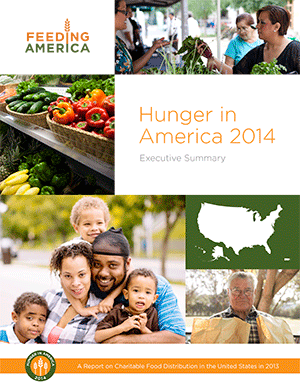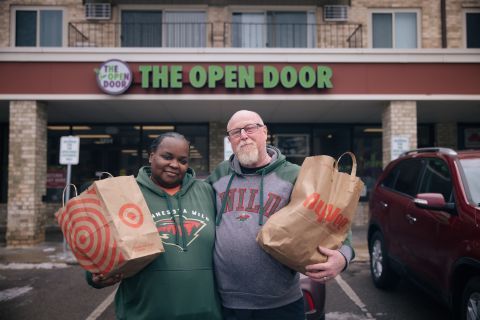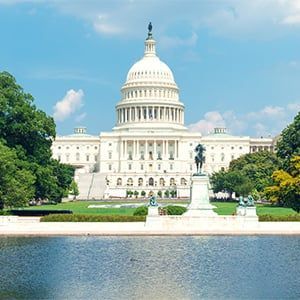Research
Hunger and Health
Our health and nutrition research focuses on the roles that food, community-based interventions, and food bank-healthcare partnerships have on improving outcomes.
Food insecurity and health are intricately linked.
People living in food insecure homes experience challenges in accessing nutritious foods and face barriers to consistently adopting healthy eating patterns. A poor quality diet that lacks nutritious food has detrimental effects on a person's physical and mental health. To learn more about the intersection of food insecurity and health, access research studies, toolkits, evidence reviews, and various spotlight briefs below.
Off



